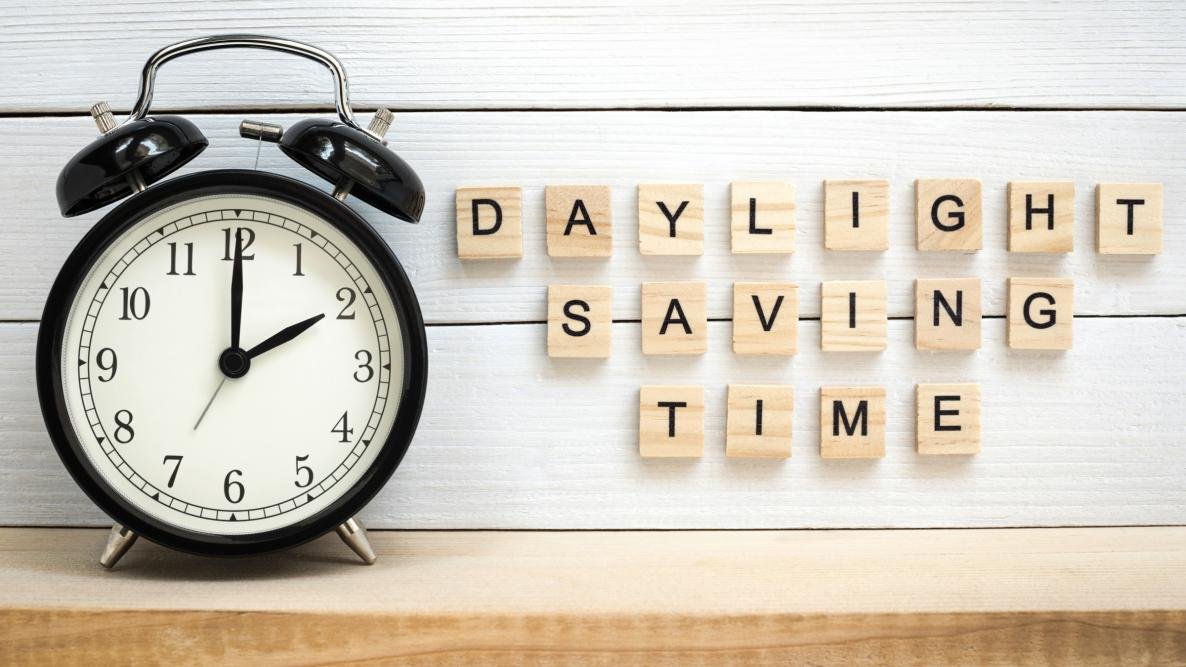The “Sunshine Protection Act” is a bill that has recently been filed by U.S. Sen. Marco Rubio, aimed at making daylight savings time 2023 the permanent standard time in the United States.
The bill, if passed, would trigger a state law in Louisiana, which would allow the state to move forward with daylight savings time 2023 all year long. This year, daylight savings time begins on March 12, and if the bill is approved, it would mean that Louisiana would forever be in a state of spring forward.
Currently, 19 states, including Louisiana, have already passed resolutions or legislation to remain on daylight savings time 2023 throughout the year. Hawaii and Arizona are the only two states that do not observe daylight savings time, though the Navajo Nation, which cuts through part of Arizona, does.
The U.S. first began daylight savings time as early as 1918, with the current federal policy being implemented in 1966 under the Uniform Time Act.
However, a survey conducted in April 2022 by CBS News/YouGov found that 79 percent of Americans would prefer not to continue switching between daylight savings time and standard time each spring and fall. While 46 percent preferred year-round daylight saving time, 33 percent preferred year-round standard time.
Proponents of permanent daylight savings time argue that it would improve public health by reducing the number of heart attacks and car crashes caused by sleep loss associated with losing an hour in the spring. They also claim that people tend to be more productive later in the day during the spring and summer months.
On the other hand, opponents argue that standard time is a closer approximation of the natural human circadian rhythm, and that daylight saving time should be eliminated altogether, according to the American Academy of Sleep Medicine (AASM).
Interestingly, Rubio’s bill won unanimous approval from the Senate last year, but it failed to pass in the House without getting a vote. It remains to be seen whether the bill will garner enough support to become law before standard time resumes on Nov. 5.
Manglemba Naorem excels in delivering comprehensive and insightful coverage on a wide array of topics, from World News and Current Affairs to NBA and Soccer. His passion for keeping readers informed is reflected in his in-depth analysis and timely updates on global events and sports. Manglemba’s commitment to online media ensures that his readers are always at the forefront of knowledge.

